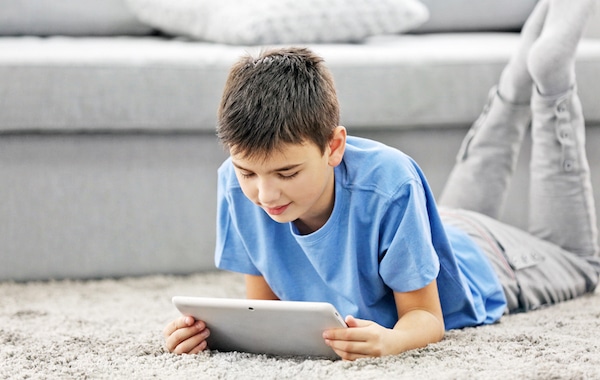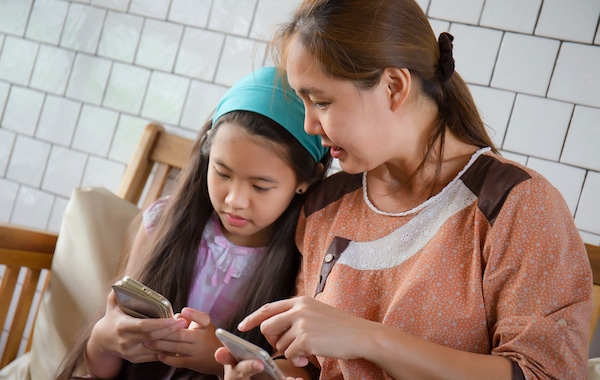
It’s In How You Use It
Research into social media and mental health has a very loud and clear message, in that what you get out of social media is what you put into it. Constructive uses, like support groups, positive interactions with friends, and sharing achievements, have been shown to have a good effect on mental health. Negative uses, like bullying and arguing online, though, can drag you down. Social media use is not the only factor in mental health, we should note. It’s just one of dozens or even hundreds, but it can help or hurt in equal measure.
So, with any social media account, you need to sit your pre-teen down and discuss both how to use it constructively, and why it’s important. Share the research with them, and make sure they understand your concerns. Encourage them to ask you questions, and to keep the channels of communication open.
Learn To Spot The Marketers
One decidedly powerful form of social media is Instagram. Mental health research has confirmed two things we’ve all suspected: One, people present an overly cheerful and exaggeratedly positive view of their lives, and in fact might keep the more emotionally complicated parts of their lives off social media entirely, and nowhere is this truer than Instagram. And two, we tend to misinterpret that as being left behind somehow, something unscrupulous marketers and social media “influencers” leap on eagerly to sell products on Instagram. Even ads clearly marked as such can still provoke these emotions.
So, teach your pre-teen about marketing, and discuss with them what people share and what people don’t. And more importantly, how that’s exploited.

Be Involved
While you can’t hover over your preteen whenever they use social media, you can keep track of who they’re talking to and who they follow. If possible, you should follow each other, and you can, among other things, model positive behavior. Every parent knows the sinking feeling upon hearing “But that’s what YOU do!”
And don’t hesitate to ask them what’s going on. How are their friends? Have they seen anything funny online? Show genuine interest, and they’ll be happy to keep you up to date.
Limit Screen Time
While the connection between screen time and mental health is controversial, and likely always will be, it’s fair to say that spending all day scrolling through Facebook is just like spending all day staring at a video game or watching TV. It may not be bad for you, necessarily, but it’s probably not good for you, either. So set limits; have certain times social media can be used, and strict cutoffs for it. Phones shouldn’t come to bed with preteens and remember to model good behavior.
Social media is here to stay, but our already complicated relationship with it won’t be going anywhere either. If you need an app to limit phone use in a healthy way, sign up for Screen Time.

Join the conversation